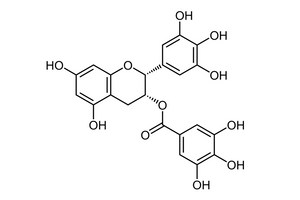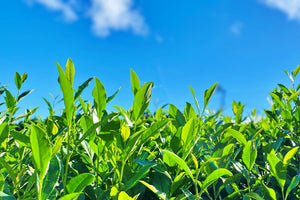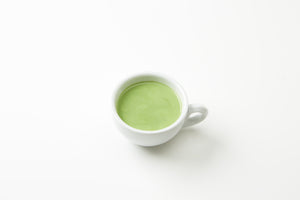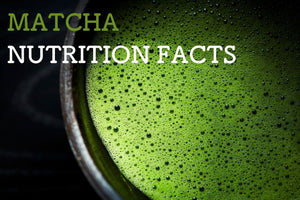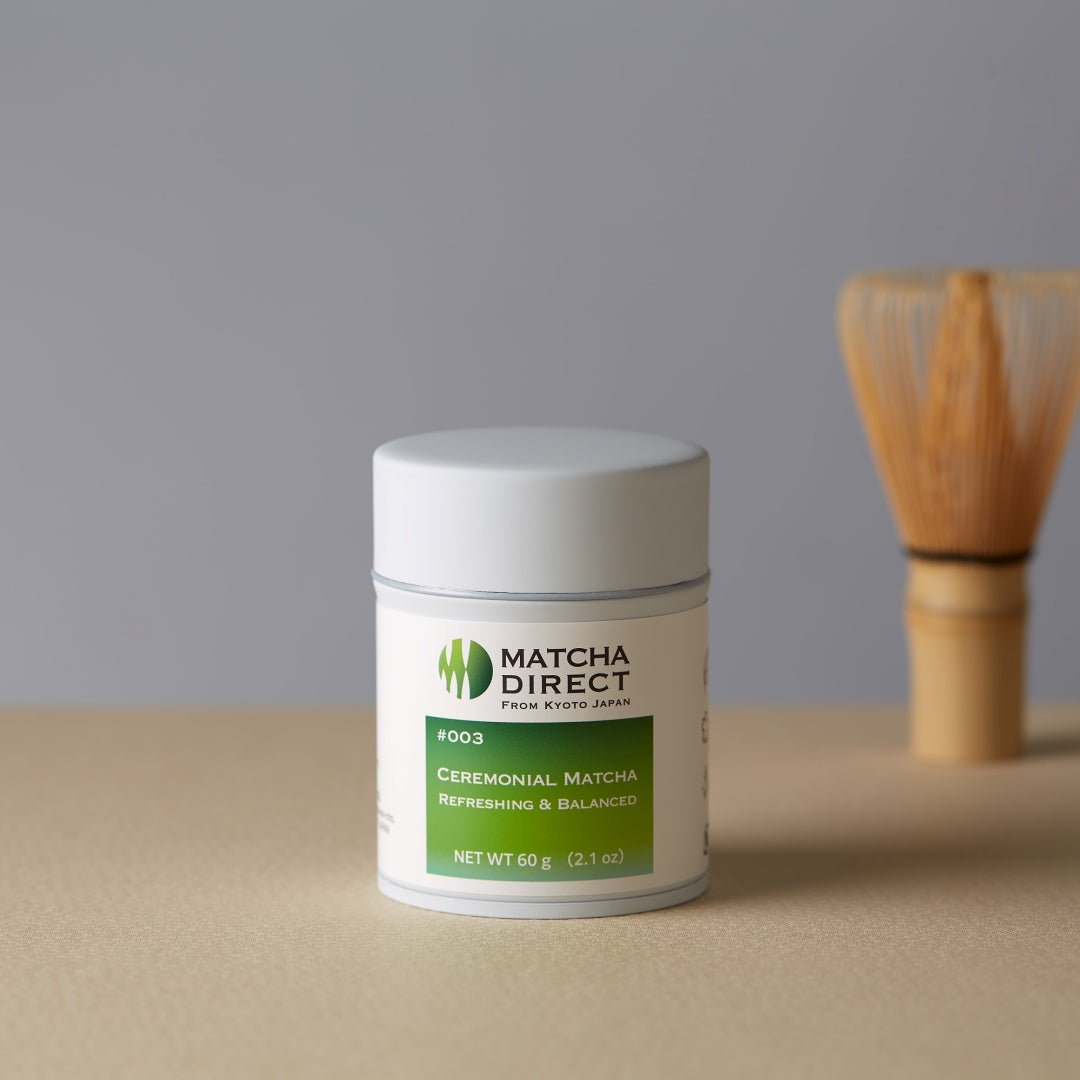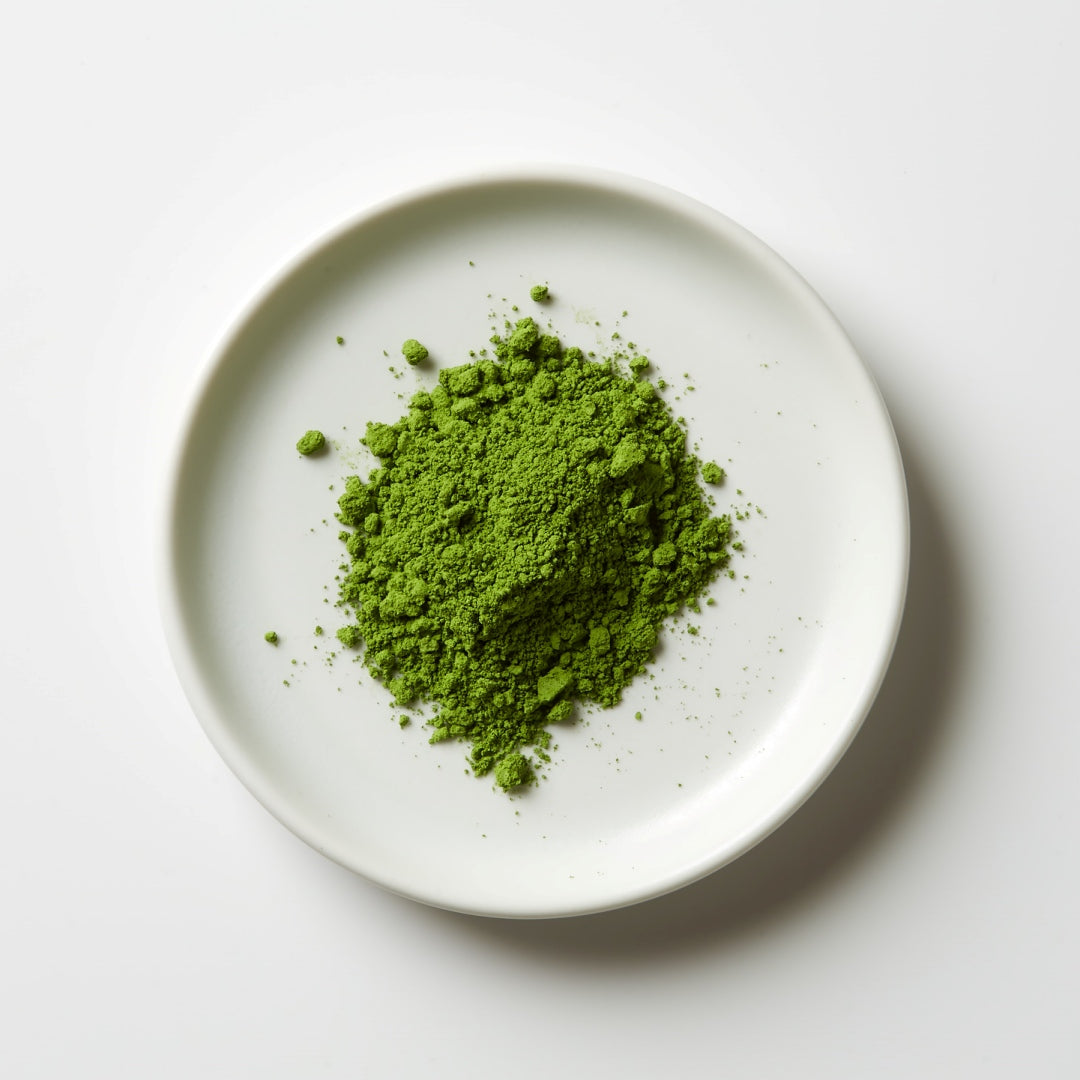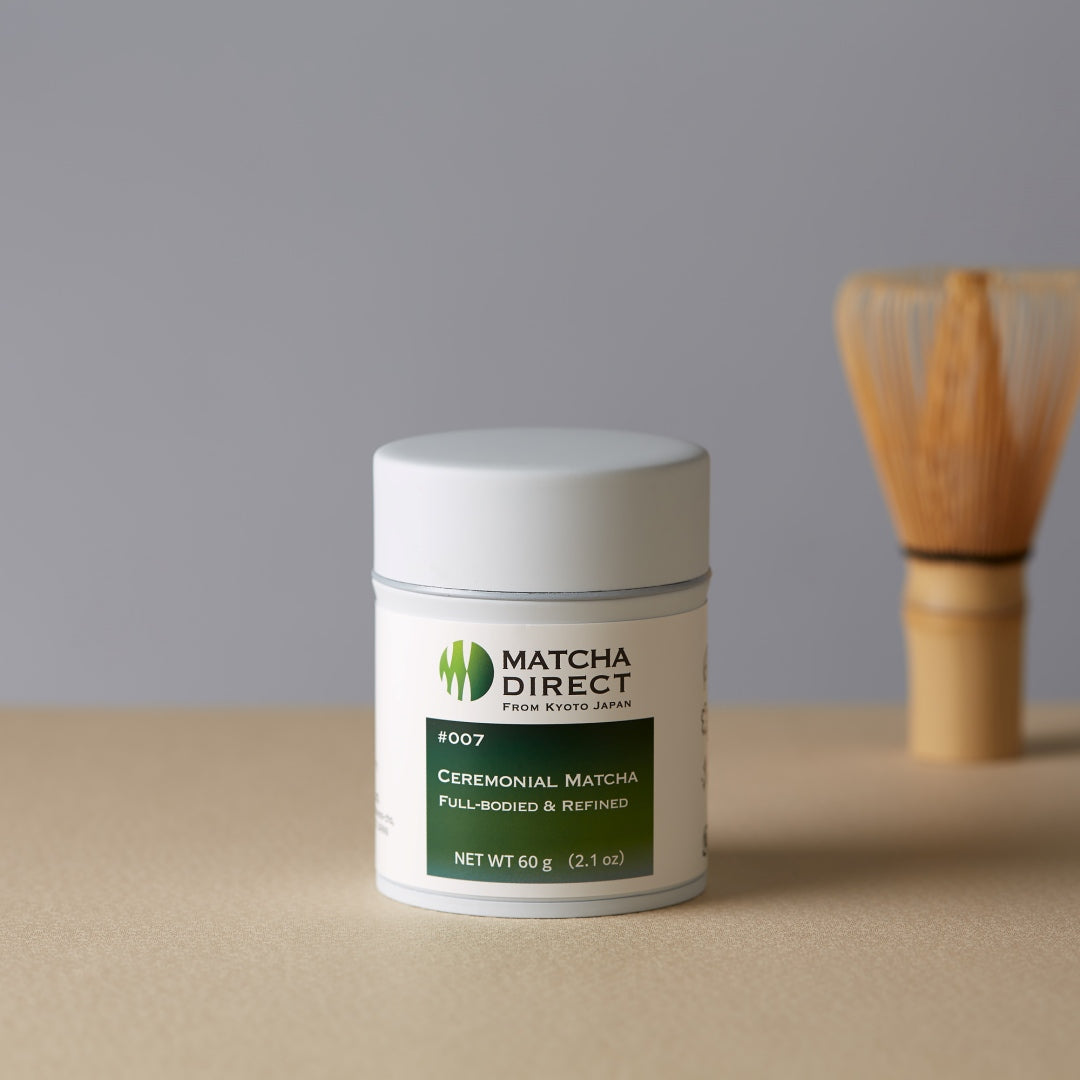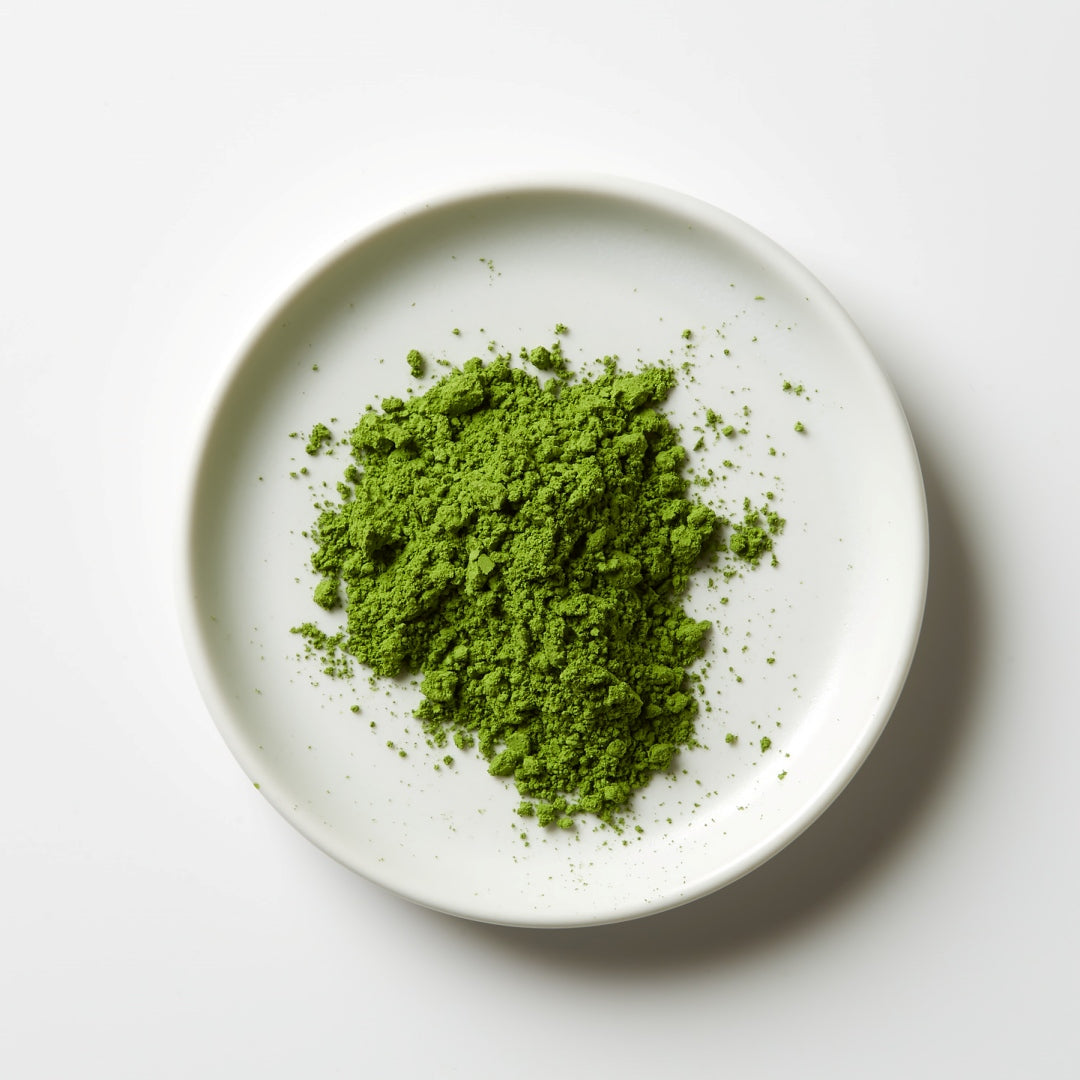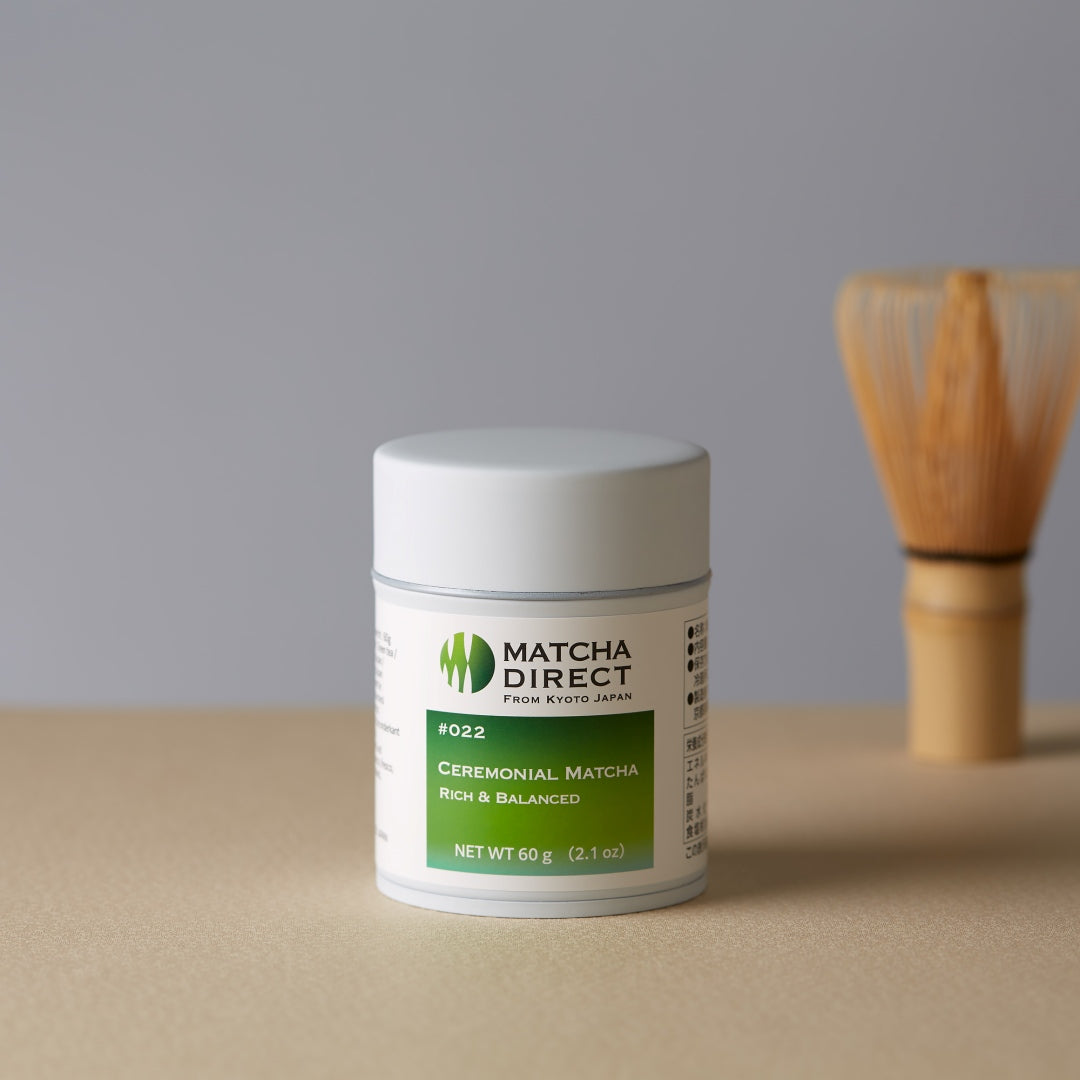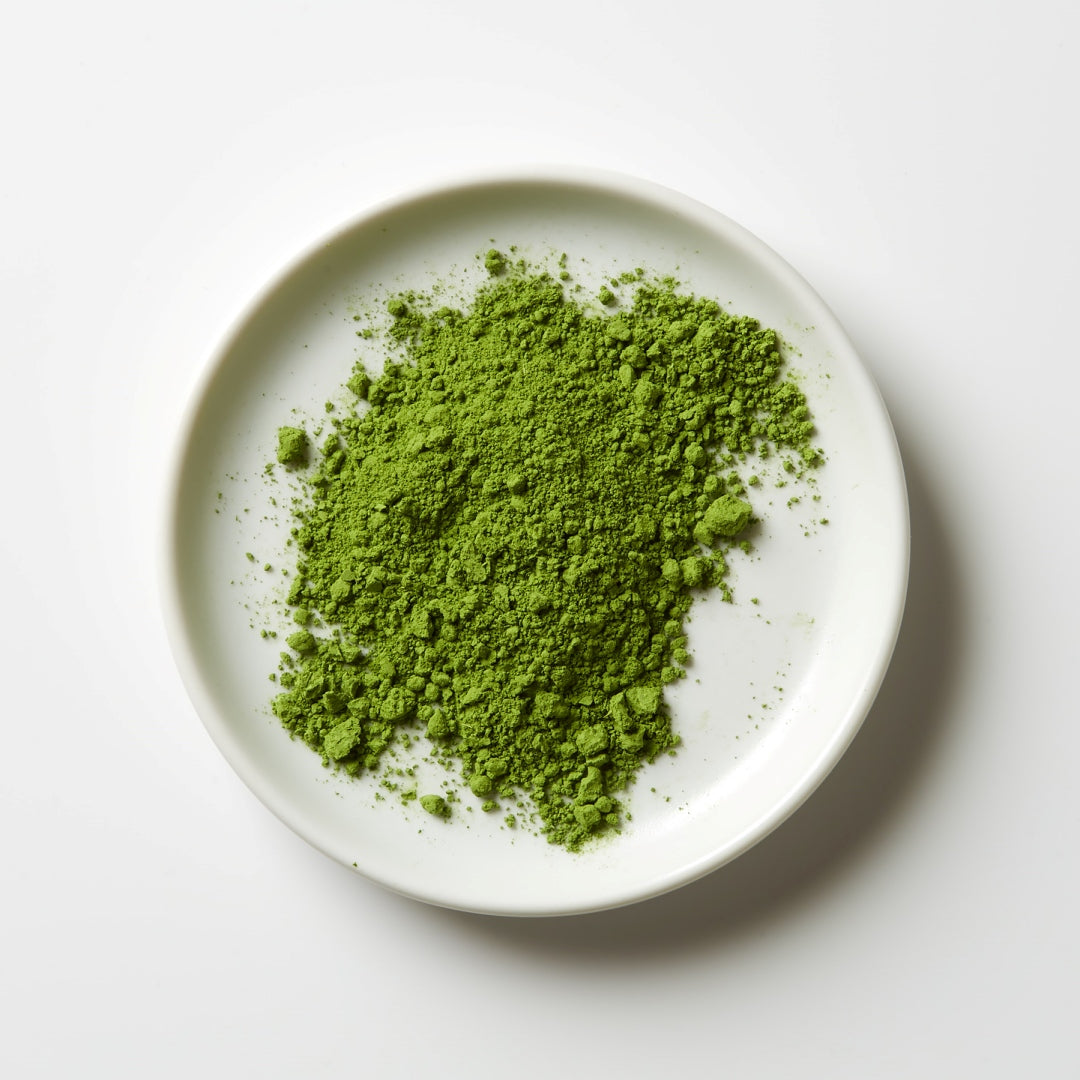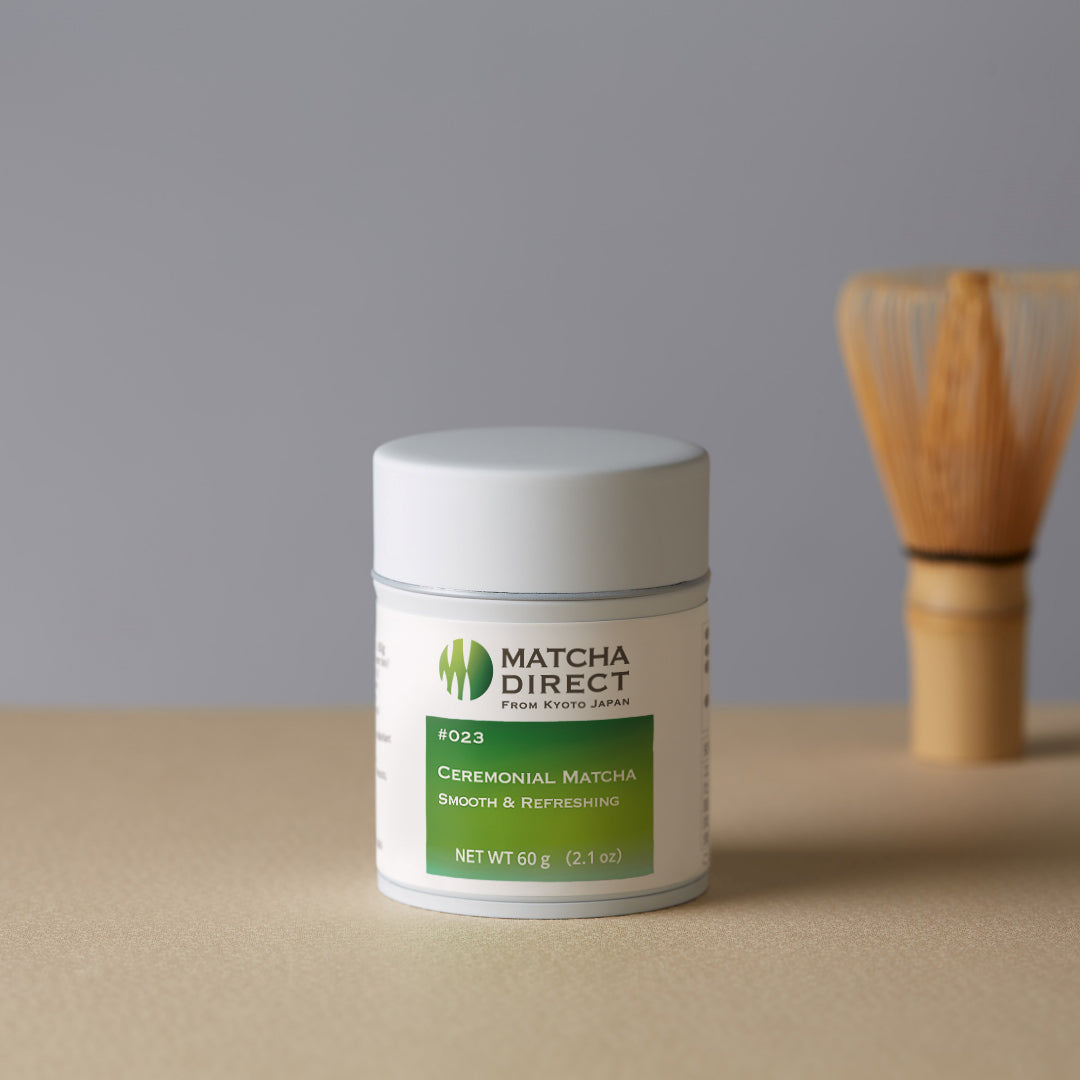How Many Cups of Matcha Can You Drink in a Day?
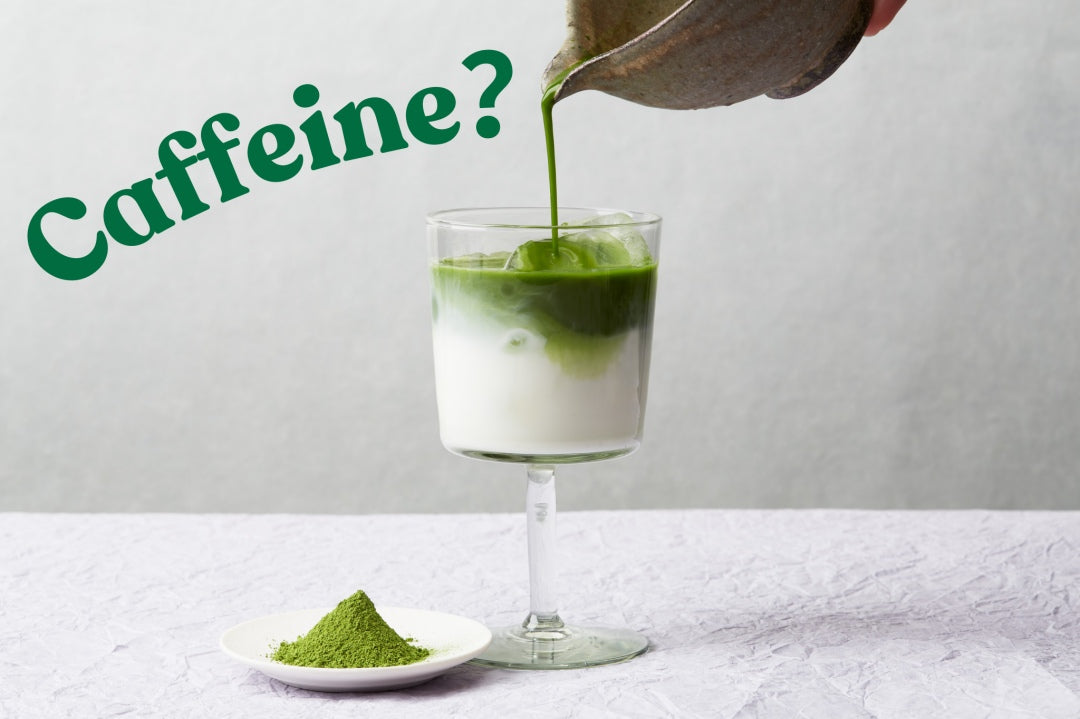
Matcha, beloved worldwide for its unique aroma, rich flavor, and abundant nutrients, is a popular choice among tea enthusiasts. However, while its popularity is widespread, there is limited awareness of its appropriate daily intake.
Although matcha contains many health-promoting compounds, excessive consumption can also have adverse effects. Here, we introduce the recommended daily amount of matcha for a healthy intake.
Recommended Daily Intake of Matcha
Generally, a safe daily intake of matcha is considered to be 1–2 cups per day.
Matcha is rich in theanine, an amino acid that enhances the umami flavor, which appeals to many people. However, considering its health impact, it is advisable to limit intake to about two cups per day.
The main reason for this recommendation is the caffeine content in matcha. Excessive caffeine consumption can have negative effects on health, so keeping to one to two cups a day is best.
Caffeine Content in Matcha and Its Health Impacts

Caffeine Content in Matcha
The caffeine content in matcha is the key factor in determining a recommended daily intake of "1–2 cups per day."
Here is a breakdown of matcha’s caffeine content:
- Per 1g of matcha powder: approximately 32 mg of caffeine
- One standard cup (using 2g of powder): approximately 64 mg of caffeine
According to guidelines set by the U.S. FDA, the daily caffeine intake limit for healthy adults is 400 mg. Based on this, theoretically, up to six cups of matcha could be consumed per day.
However, since we consume caffeine from various other sources, such as coffee and chocolate, a daily intake of 1–2 cups of matcha is ideal. At most, it is recommended to limit matcha consumption to four cups a day if necessary.
Effects of Caffeine in Matcha
The caffeine in matcha, at around 64 mg per cup, is comparable to that in a typical cup of drip coffee (around 60 mg per cup). However, it differs significantly in how it is absorbed and its effects.
Caffeine from coffee tends to act quickly, while matcha’s caffeine is absorbed gradually, providing a stable effect for about 2–4 hours.
This difference is attributed to the henine refered as umami flavor in matcha, which moderates caffeine's stimulating effects and promotes relaxation.
However, despite these unique properties, it’s essential to watch both the amount and timing of matcha intake. Those sensitive to caffeine should avoid drinking matcha later in the day, as it may interfere with sleep.
Additionally, individual responses to caffeine can vary greatly based on one’s health and constitution. Therefore, while the recommended 1–2 cups per day is a good guideline, finding the right amount according to one’s personal condition is ideal.
https://matchadirect.kyoto/blogs/matcha-101/how-much-caffeine-is-contained-in-matcha-vs-coffee
Nutritional Components in Matcha and Their Benefits
While mindful caffeine intake is necessary, matcha is also a nutrient-rich and health-boosting beverage worth incorporating into your routine.
Often referred to as a "superfood," matcha is packed with vitamins, minerals, dietary fiber, and other beneficial nutrients. Regular consumption can positively impact overall health.
Among the key nutrients in matcha, catechins—specifically epigallocatechin gallate (EGCG)—stand out for their strong antioxidant properties.
Matcha’s caffeine content can have refreshing effects when consumed in moderation. Theanine, a unique umami component in matcha, helps moderate caffeine’s stimulating effects.
In other words, drinking matcha not only provides a wealth of nutrients like catechins but also allows you to experience caffeine’s benefits in an optimal way.
However, while theanine may smooth out caffeine’s effects, it doesn’t eliminate caffeine itself, so keeping within the recommended 1–2 cups per day remains essential.
Cautions When Consuming Matcha
While matcha is packed with nutrients that support good health, there are several points to consider beyond the recommended 1–2 cups per day.
1. Avoid Drinking on an Empty Stomach
Due to its caffeine and catechin content, drinking matcha on an empty stomach can strain the digestive system. It’s recommended to enjoy matcha with or after meals.
2. Optimal Timing
Matcha’s caffeine effects are longer-lasting than coffee’s, which may interfere with sleep if consumed in the evening. Drinking matcha with breakfast provides a smooth, sustained energy boost to start your day healthily.
3. Pregnancy and Breastfeeding
The usual daily caffeine limit is 400 mg, but for pregnant individuals, a daily limit of about 200 mg is recommended by the American College of Obstetricians and Gynecologists (ACOG).
For those who are pregnant, limiting matcha intake is advised for the time being.
Conclusion

Matcha, with its rich nutrients and gentle caffeine effects, is cherished by many people. However, sticking to the recommended 1–2 cups per day is essential for a healthy enjoyment.
Those sensitive to caffeine, pregnant individuals, and those looking to enjoy matcha as an evening relaxation drink should be mindful of their consumption and timing.
For those who love matcha but are concerned about caffeine, MATCHA DIRECT’s decaf matcha is recommended.
https://matchadirect.kyoto/products/051-decaf-matcha-60g
https://matchadirect.kyoto/products/052-decaf-matcha-60g
This decaf matcha is the perfect way to support your healthy lifestyle while enjoying the rich nutrients, umami, and aroma of matcha to take the modarate amount of caffeine.
MATCHA DIRECT also offers a variety of high-quality yet affordable matcha selections, so be sure to visit and explore their range.




